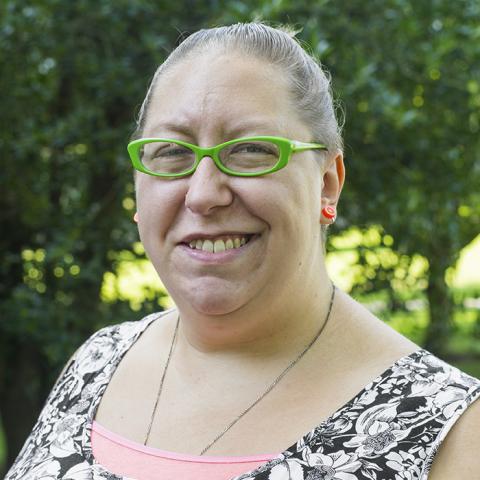Concerns of the Libraries on recent censorship

Details
Book bans and politically-motivated interference in the educational process are, plain and simple, censorship.
Book banning is seeing a resurgence with PEN America’s current list growing to more than 2,532 instances of banned books. They note the existence of 50 or more national groups with more than 300 regional chapters actively engaging in restrictions, legislation, and the exertion of political pressure to ensure access is curtailed to ideas and creativity. Of books banned, 75% represent fiction, 24% nonfiction, and 1% poetry. Books with LGBTQ+ themes (41%) or featuring protagonists or prominent characters who are people of color (40%) are among the most targeted. When people are marginalized or silenced, we all lose.
Recent polls reveal high confidence (74%) of the public in school librarians and opposition to book bans in libraries. Further, a recent report by the non-partisan Center for American Progress indicates that the majority of Americans are against political interference in the educational process. Yet the banning of books at the grade-, middle- and high school levels is increasing, and we are beginning to see the impact of political influence at the collegiate level. (See changes to the College Board’s AP course on African American History and the governmental redefinition of New College of Florida as two examples. (See Florida House Bill 999.)
Book bans and politically-motivated interference in the educational process are, plain and simple, censorship.
Censorship, and those invoking it, suggest that individuals lack the capacity for discernment and informed decision-making, and further, such bans “constrain expression [and] almost invariably cause intellectual and artistic stagnation.” Book bans violate and diminish our country’s commitment to the First Amendment, the 14th Amendment, in some cases Title IX, and they erode public education with severe societal implications.(See again.) Libraries play critical roles in fighting censorship, but it is a responsibility for all citizens to object to book bans and other forms of censorship.
What can we do?
- The Libraries will continue to fold discussions of censorship into our teaching and programming.
- The Libraries will incorporate a statement on censorship in our Collection Development Policy.
- You can learn more about book banning and censorship in your area at the PEN America site and consult broader guides such as one produced by the New York Times.
- You can contact the Libraries with questions or suggestions about programming and community education.
- We can all reach out to our U.S. representatives about this matter, joining the ALA and the Haverford Libraries in rejecting censorship and defending the freedom to read.




